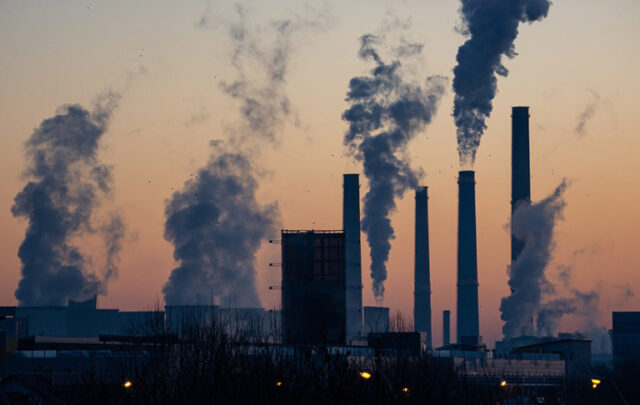OPEC, producer of more than a third of the world’s oil, and the European Union plan to hold twice- yearly meetings to discuss how to maintain a stable oil price acceptable to producing and consuming countries.
Officials will meet first in May or June, Laurens Jan Brinkhorst, Dutch minister of economic affairs said today in Jakarta. An appropriate level for OPEC’s crude oil basket price, last at $41.44, would be $30 to $35 a barrel, he said.
High oil prices continue to pose a risk to economic growth, said Caio Koch-Weser, deputy finance minister of Germany, Europe’s biggest economy, on Jan. 27. EU member states used about 19 percent of world oil consumption in 2003.
“I think that both OPEC and the EU have been taken by surprise at the persistence of the high oil prices,” said Anthony Nunan, manager of international petroleum business at Mitsubishi Corp. in Tokyo. “We are in uncharted territory and no- one really knows at what oil price level there will be serious damage to the world’s economy.”
Crude oil traded on the New York Mercantile Exchange reached a record of $55.67 a barrel on Oct. 25. The March contract traded at $47.58 a barrel, 14 percent below its all-time high, at 7 p.m. Singapore time.
“We want to achieve a better understanding of market realities and how to prevent oil prices from jeopardizing economic growth,” Abdulrahman Alkheraigi, an OPEC spokesman, said in a telephone interview from Vienna. “What hurts the producers will also hurt the consumers.”
Euro Zone Growth
OPEC in 2003 exported 21 percent of its oil to western European countries, including 5.3 percent to Italy, 3.6 percent to France and 1.9 percent to Germany, according to OPEC’s Annual Statistical Bulletin in 2003.
“The timing is clearly related to the negative impact of higher oil prices on the growth in the Eurozone,” said Dariusz Kowalczyk, a senior investment strategist at CFC Securities Ltd. in Hong Kong.
The first meeting will take place in two to three months and involve EU Energy Commissioner Andris Piebalgs, OPEC’s acting Secretary-General Adnan Shihab-Eldin and Energy Minister Jeannot Krecke of Luxembourg, which holds the rotating EU presidency.
“It’s planned to have meetings of this sort every six months,” Etienne Schneider, director general for energy in Luxembourg’s economy ministry, said by phone today during a visit to Brussels. No venue has been decided for the first gathering, he said.
Failed Efforts
While earlier efforts at cooperation on oil prices between the EU and OPEC hadn’t succeeded, last year’s record oil price has spurred consumers and producers into action, Purnomo Yusgiantoro, Indonesia’s energy minister and former OPEC President told reporters in Jakarta today.
“When the crude price is rising, then the consuming countries ask for cooperation. When the oil price is falling then OPEC wants to cooperate,” Purnomo said. “The two sides now feel that cooperation is a must.”
He didn’t elaborate on how the two organizations might influence the oil market.
Some analysts and strategists doubt the meetings between buyers in the EU and sellers from within OPEC could affect the price of oil.
“It could have an impact on energy security; not on prices,” Dariusz Kowalczyk, a senior investment strategist at CFC Securities Ltd. in Hong Kong said. “If the E.U. could move to establish closer relations with OPEC they could gain more stable access to crude from OPEC.”
The EU depends on OPEC for oil imports and may be keen to foster relations with the producer group for better access to information on upstream development in OPEC countries. The EU used 681.2 million tons of oil in 2003 according to data from BP’s 2004 Statistical Review of World Energy.
“The EU is rightly worried about the bigger picture; does OPEC really have the reserves and wherewithal to develop them to meet the growing world demand?” Nunan said. “If they don’t, then we may have $100/bbl oil soon.”





